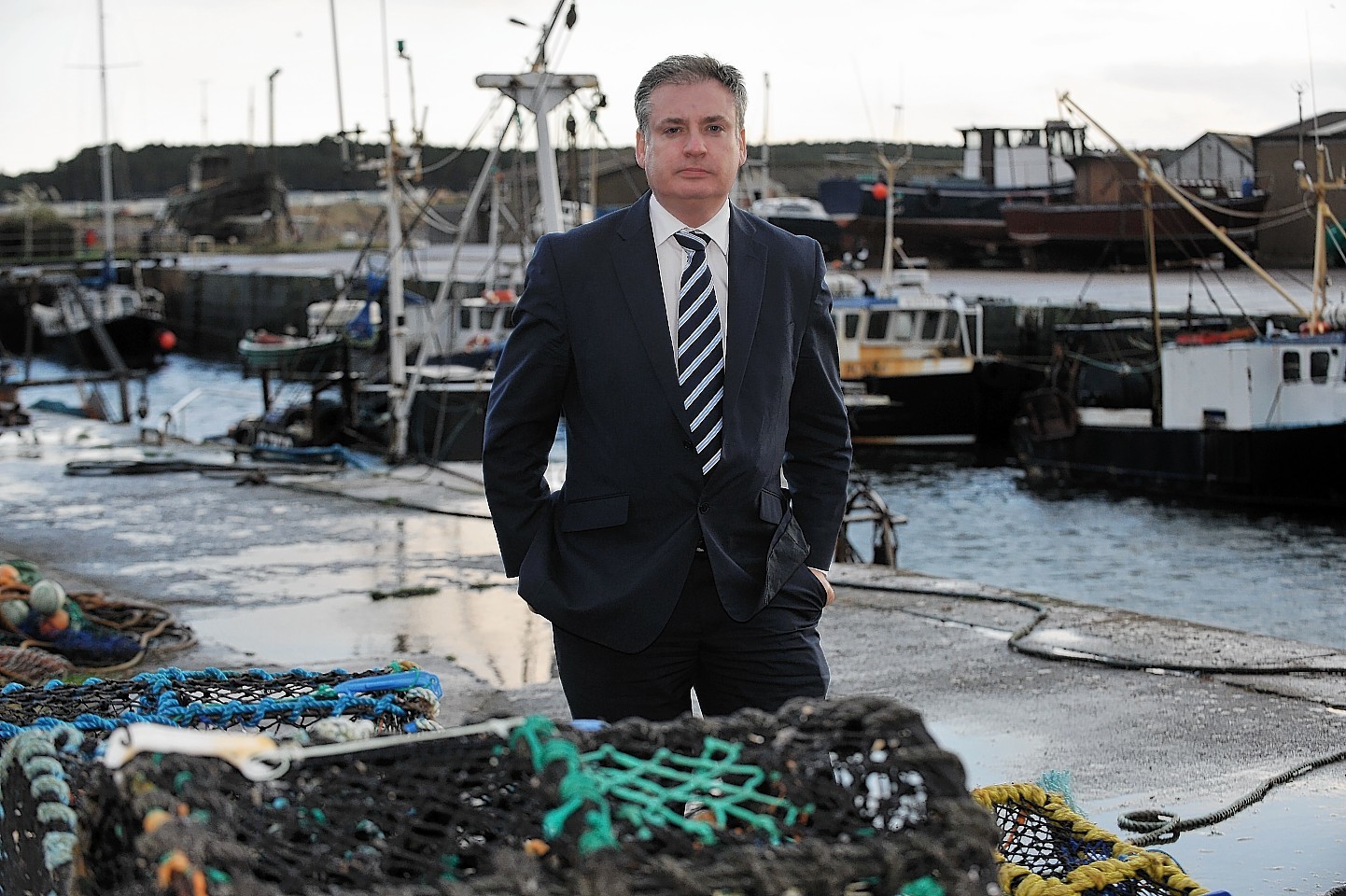The Scottish Government has pledged to give all mainland coastal communities all the money generated from the seabed in exchange for a “yes” vote.
SNP ministers say said 100% of net income yielded by the Crown Estate would be used by local authorities like Aberdeen, Aberdeenshire, Highland and Argyll and Bute to fund services and projects as they saw fit.
The same commitment has been given to Orkney, Shetland and Western Isles councils.
A paper called Connecting Rural Scotland states: “This Scottish Government has made the commitment that, with independence, island and mainland coastal communities would receive 100% of all leasing revenues from activities in their adjacent waters, including those from renewables deployment.
“This would reverse the current situation where this income is taken by the Crown Estate Commissioners.”
Last week Shetland MSP Tavish Scott criticised the SNP Government after it emerged it had “not made any estimates” on future income from the sea bed.
Rural Affairs Minister Richard Lochhead said no detailed information on income from leasing the seabed around the islands was available from the Crown Estate.
The opposition politician claimed no one in the islands was “taken in by this kind of cynical politics”.
Mr Lochhead said he had made it clear that the Crown Estate Scotland Report 2014 stated that gross revenue from Scotland was £13.6million and net revenue was £11.2million in 2013-14.
He added that revenue from aquaculture, dredging and coastal activities in Scotland was £3.3million, £100,000 and £2.9million respectively.
Mr Lochhead said: “It is the Conservative/ Lib-Dem coalition government in London that currently has control over the Crown Estate.
“The Westminster Government in which Mr Scott’s party is a coalition partner should publish the estimates of future revenues which he desires.
“For Mr Scott’s reaction to be a complaint that it’s not known exactly how much this will be is completely hypocritical given that it is his party’s government which has control of the information.”
The Crown Estate said it, like many UK-wide businesses, does not formally release figures broken down by local authority.
